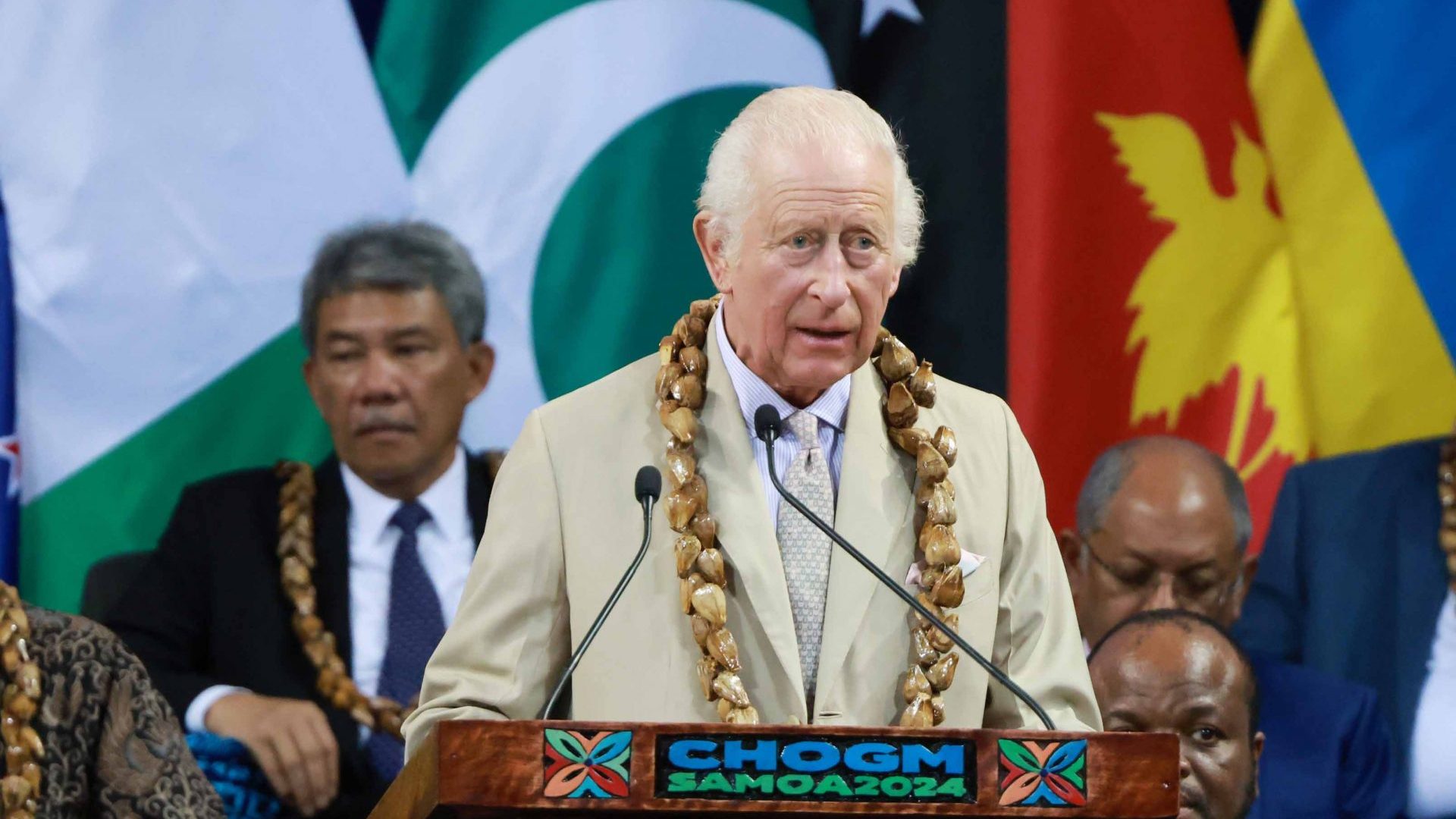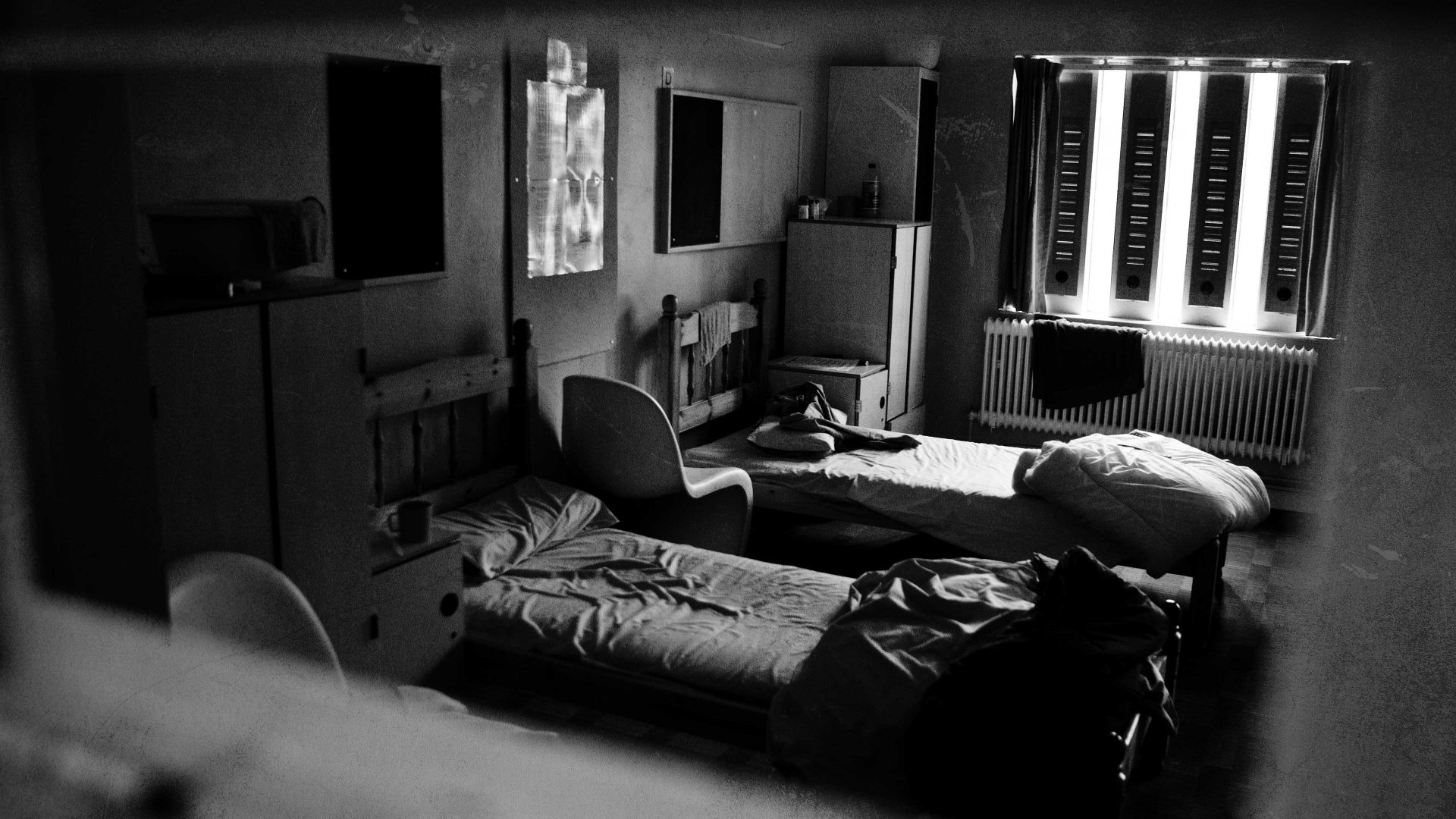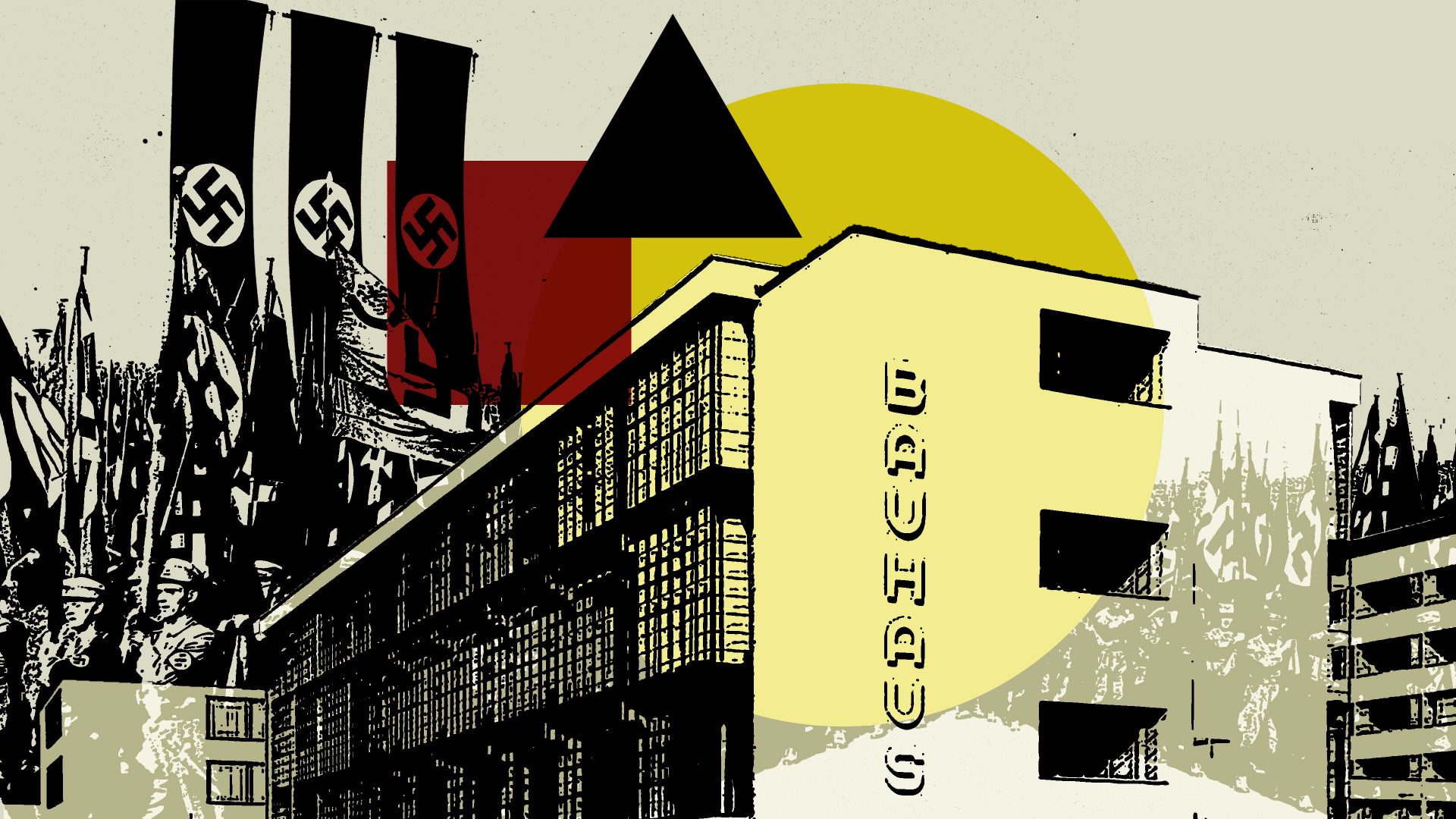My great-great grandparents worked in the textile mills of Lancashire during the so-called “cotton famine” of the 1860s. There was no work and they starved. The cause of the disruption was not economics but the American civil war, which had disrupted the supply of cotton from the slave-owning south.
They could have said, as I heard callers to numerous right wing broadcast channels say last week, “what’s that to do with us”? They could have joined the calls of the Liverpool merchant class for Britain to break the Union’s blockade of the Confederacy. But they didn’t.
Instead they rallied to the support of the Union, and at numerous mass meetings expressed the view that they would rather starve than be complicit in the survival of slavery. These were people whose hands, in normal times, unbaled and carded cotton that had last been touched by the hands of black slaves. Abraham Lincoln described their stance as “an instance of sublime Christian heroism which has not been surpassed in any age or in any country”. Which is why I was surprised to be told, via these self-same right wing broadcasters, that my ancestors would have wanted nothing to do with reparations for slavery.
The debate is one of those go-to issues for the far right in the culture war when small boat crossings are slack and burning refugee hotels is out of favour. It has every ingredient: white victimhood, “taxpayers’ money” and the supposed hypocrisy of progressives, because we do not demand that the black slave-drivers of west Africa also pay reparations.
Since it is unlikely that any state-on-state reparations will ever be paid – let alone the £18tn that a judge at the International Court of Justice recently floated – it is a subject that, in domestic politics, I can understand Keir Starmer wanting to avoid. But it flared up because Caribbean and some African countries at the Commonwealth heads of government meeting placed it on the agenda.
Looked at from the point of view of domestic British politics, the demand for a package of “reparative justice” – including cash, debt relief, acknowledgment and apology – is the wrong thing at the wrong time. It hands the far right/conservative alliance an issue to beat the centre with, because – above all the casual racism thrown around – there is a genuine issue of generational justice.
But looked at through the lens of geopolitics, it is worth Britain going as far as possible to engage with the requests of our former slave colonies. Because they have a case.
The Caricom (Caribbean Community) 10-point plan makes irrefutable arguments. First, upper-class British families, banks and companies not only profited from the slave trade: our state ordained it legal and, to pave the way, explicitly ordered the genocide of the indigenous people of the Caribbean.
Second, despite playing an active part in the abolition of slavery, Britain as the colonial power instituted a 100-year regime of racial discrimination in the Caribbean, refusing to compensate the slaves while compensating the slave-owners.
Third, the long-term psychological impact of being classified as non-human for 400 years is still felt in black communities both here and in the Caribbean: the relationship between hypertension, diabetes and mental illness and conditions of structural racial oppression are well enough documented to make this an issue for now, not the past.
What Caricom wants falls far short of the trillions calculated as the true cost of slavery by Brattle Group economists. It wants debt relief, the right of return to Africa for the descendants of slaves, aid for health and education programmes and, for starters, a full, formal apology.
Ours being the pre-eminent western state responsible for historic slavery, Britain faces a choice: it can dispute the concepts of historical justice, haggling its way through the coming decades of international court actions; or it can move the discussion on to the realpolitik of the present.
I would prefer to do the latter. But we’re going to need to build a domestic consensus.
And that’s why we should start with a complete, abject apology from King Charles, flanked – for the avoidance of any doubt – by every living member of the royal family. It should be delivered in two parts: from the Royal Exchange, where the money from slavery was disbursed; and from an appropriate site in the Caribbean.
Since the Britain that committed this crime was an autocracy, with neither voting rights nor freedom of speech and association for the working class, the apology should make clear that culpability lies with the state, the monarchy and the corporations and families who once owned slaves, not the descendants of the then-disenfranchised British people, whose radical and democratic organisations criticised slavery from the get-go.
The financial burden of any debt relief, education and health programmes should be borne in the form of a wealth tax on the successor bodies, raised over time in order to create an income-generating asset for the recipients.
Why do this? Abraham Lincoln’s words, inscribed on the base of his statue in Manchester city centre, give the answer. Celebrating the sacrifice of the cotton workers, he hoped that: “whatever misfortune may befall your country or my own, the peace and friendship which now exists between the two nations will be… perpetual”.
With the forces of modern despotism gathering allies in the global south, the democracies of the global north need to be building peace and friendship with as many of our former colonies as possible.




